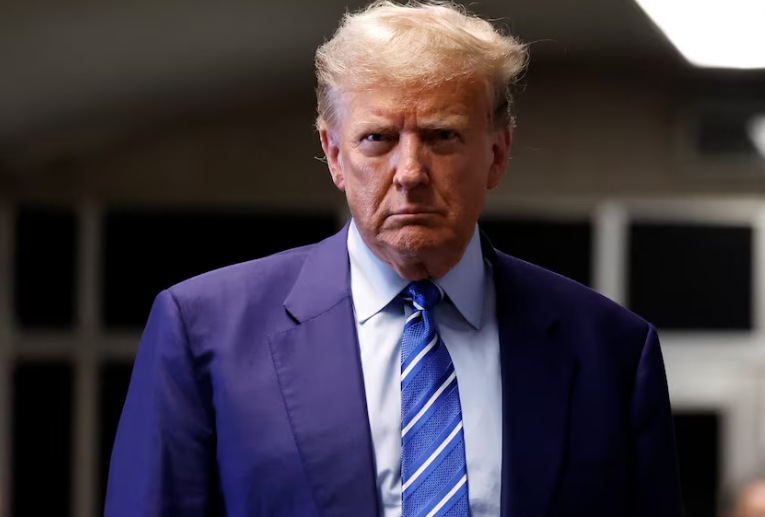President-elect Donald Trump will face sentencing on January 10 in the criminal case where a jury convicted him of falsifying business records linked to hush money payments to adult film star Stormy Daniels. Justice Juan Merchan announced this date on Friday, creating an unprecedented scenario where Trump must appear in court just days before his January 20 inauguration.
Trump’s Sentencing Options and Legal Reactions
Justice Merchan stated that Trump, 78, could attend the sentencing either in person or virtually. However, the judge clarified that he is unlikely to impose jail time or other penalties. Instead, he views “unconditional discharge” — no custody, fines, or probation — as the most practical resolution.
This sentencing paves the way for Trump to file an appeal, as Merchan acknowledged Trump’s intent to challenge the conviction. Trump spokesperson Steven Cheung responded to the news, declaring, “This lawless case should have never been brought, and the Constitution demands its immediate dismissal.”
Merchan rejected Trump’s motion to dismiss the case despite his election victory, emphasizing that overturning the jury’s decision would “undermine the Rule of Law in immeasurable ways.” Trump’s legal team argued that the case could interfere with his ability to govern, but Merchan dismissed this claim as insufficient to warrant dismissal.
Case Stems from Hush Money Payments
The charges against Trump stemmed from a $130,000 payment his former lawyer Michael Cohen made to Stormy Daniels before the 2016 election. Cohen paid Daniels to prevent her from speaking about an alleged affair with Trump, which he denies.
In May, a Manhattan jury found Trump guilty of 34 counts of falsifying business records to conceal the payment. Trump pleaded not guilty and claimed the case was a politically motivated effort by Manhattan District Attorney Alvin Bragg to harm his 2024 presidential campaign.
Trump’s sentencing, originally scheduled for July 2024, faced multiple delays. After Trump won the 2024 presidential election against Vice President Kamala Harris, Merchan rescheduled the sentencing for January 2025. Bragg’s office suggested delaying sentencing until after Trump leaves office in 2029, but Merchan decided that resolving the matter before the inauguration was preferable.
Judge Criticizes Trump’s Behavior and Arguments
Justice Merchan harshly criticized Trump for what he described as “unrelenting and unsubstantiated attacks” on the integrity of the legal system. During the trial, the court found Trump guilty of ten contempt charges for repeatedly violating a gag order restricting his statements about witnesses and proceedings.
“Defendant’s character and history vis-à-vis the Rule of Law and the Third Branch of government must be analyzed,” Merchan wrote, concluding that Trump’s public statements weighed against him.
Trump’s legal team argued for dismissal based on his civic and financial contributions to the country. However, Merchan rejected this reasoning, stating that such contributions do not excuse criminal conduct.
Legal Implications and Broader Context
Trump also sought to overturn the conviction by citing a Supreme Court ruling that presidents cannot be prosecuted for official acts. However, Merchan ruled that falsifying business records, a “decidedly personal act,” does not involve presidential authority.
Falsifying business records carries a potential sentence of up to four years in prison, but legal experts agree Trump’s advanced age and lack of prior criminal history make incarceration unlikely.
This case is one of several legal challenges Trump faced in 2023. He also confronted charges related to classified documents and efforts to overturn the 2020 election. Federal prosecutors dropped two cases after his 2024 election victory, but Trump’s state case in Georgia remains unresolved.
As Trump prepares for his sentencing, the legal battles surrounding his presidency and personal conduct continue to unfold, raising questions about the intersection of law and politics in unprecedented circumstances.

